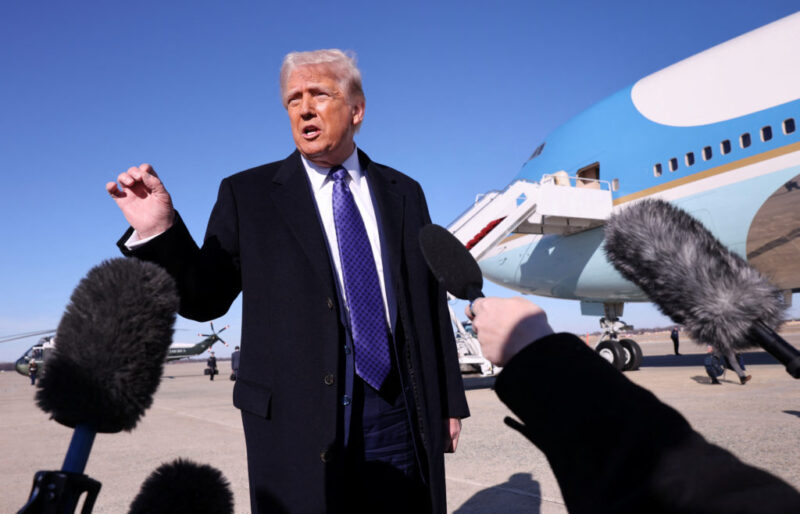For more than half a century, the Corporation for Public Broadcasting (CPB) has provided crucial financial support to NPR, PBS, and hundreds of local radio and public access stations across the country.
But on Friday, the CPB officially shut down, citing a dramatic loss of federal funding following a rescissions package signed into law by President Donald Trump last month. In a statement, the organization announced an “orderly wind-down” of its operations after Congress approved the $9 billion package, which eliminated all federal funding for the CPB.
The move marks the first time in over 50 years that the U.S. government has withdrawn its backing for publicly funded news programming—a long-standing goal for many Republicans who have accused NPR and PBS of operating as partisan outlets for the Democratic Party.
“Despite the extraordinary efforts of millions of Americans who called, wrote, and petitioned Congress to preserve federal funding for CPB, we now face the difficult reality of closing our operations,” said CPB President and CEO Patricia Harrison. “CPB remains committed to fulfilling its fiduciary responsibilities and supporting our partners through this transition with transparency and care.”
Dozens of NPR staffers have submitted their resignations amid ongoing budget uncertainty. CEO Katherine Maher has publicly criticized the loss of federal funding, even suggesting that racial bias may have influenced the decision. However, she has not indicated whether she intends to remain in her position.
“Having non-White voices and perspectives on air does not make us woke,” she said after the funding cuts were signed into law, Fox News reported.
Edith Chapin, NPR’s longtime editor-in-chief, announced her resignation in a letter to CEO Katherine Maher last month, ending a decades-long tenure at the network.
Earlier in March, Maher testified before Congress regarding alleged bias among NPR’s reporters. She issued an apology for the network’s failure to cover the Hunter Biden laptop story and for repeating the U.S. intelligence community’s now-discredited claim that the laptop was “Russian disinformation.”



